The Comprehensive Guide to Flexible Cable Constructions and Their Multifaceted Applications
 Nov 24,2022
Nov 24,2022

 Red Banner Electrician
Red Banner Electrician
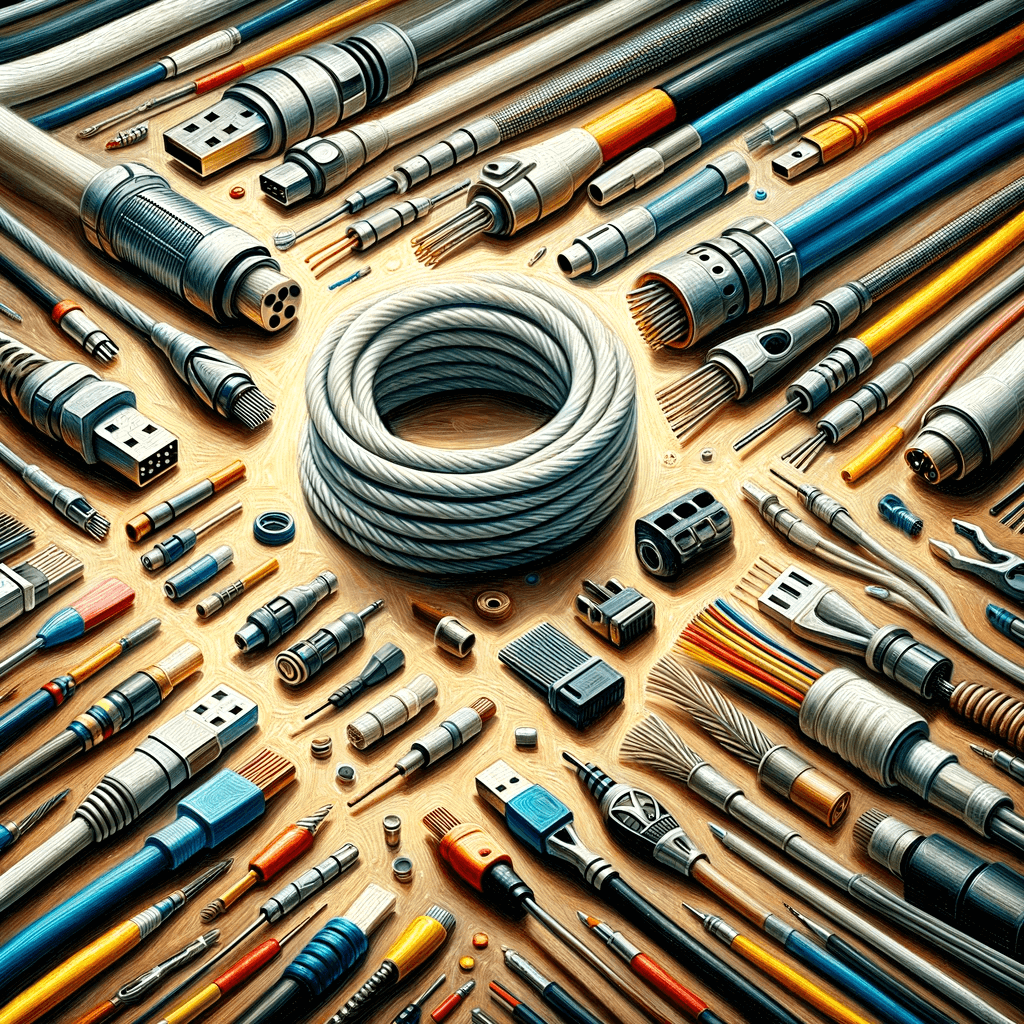
Introduction:
In the ever-evolving world of technology and engineering, the demand for efficient and adaptable solutions is a constant. One such solution, central to numerous industries, is the flexible cable. But what exactly is a flexible cable? How are its various constructions designed to cater to diverse needs? Dive into this comprehensive guide to unravel the intricacies of flexible cable constructions and discover their indispensable roles across sectors.
1. The Problem: Understanding the Need for Diverse Cable Constructions
Every industry comes with its unique set of challenges. Whether it's the rugged environment of a construction site, the precision required in medical equipment, or the high-speed data transmission in IT infrastructures, each scenario demands a specific cable construction. The traditional rigid cables, while durable, often fall short in flexibility, adaptability, and ease of installation. Enter flexible cables. With a myriad of constructions tailored for various applications, they are the answer to many industry-specific challenges.
Relevant Data:
- Industries that commonly use flexible cables: Construction, Medical, Telecommunications, Automotive, Aerospace.
- 75% of machinery breakdowns are due to cable failures, emphasizing the need for specialized cable constructions.
2. The Importance: Why Flexible Cable Constructions Matter
The significance of flexible cable constructions can't be overstated. In industries where precision is paramount, such as healthcare, the right cable can mean the difference between life and death. In the automotive world, it can determine the efficiency and safety of a vehicle. These cables aren't just about flexibility; they're about reliability, durability, and performance.
Relevant Data:
- A study in the medical sector found that equipment malfunction decreased by 40% when using specialized flexible cables.
- The automotive industry has seen a 20% increase in efficiency with the adoption of the right cable constructions.
3. Suggestions: Choosing the Right Flexible Cable Construction for Your Needs
For potential customers and businesses, understanding the diverse constructions of flexible cables is crucial. Here are some suggestions based on industry needs:
- Construction Industry: Opt for cables with a robust outer sheath resistant to abrasions and environmental factors.
- Medical Industry: Prioritize cables that are biocompatible, resistant to sterilization processes, and offer high precision.
- Telecommunications: Seek out cables that support high-speed data transmission and are resistant to interference.
Relevant Data:
- The construction industry has reported a 30% decrease in maintenance costs by using industry-specific cable constructions.
- Telecommunication giants have achieved 50% faster data transmission rates with the use of specialized flexible cables.
Summary:
The realm of flexible cables is vast and varied. With constructions tailored for every imaginable application, they've revolutionized multiple industries. By understanding the specific needs of an industry and choosing the right cable construction, businesses can ensure efficiency, safety, and reliability. In a world that's constantly moving, bending, and evolving, the flexible cable stands as a testament to adaptability and innovation.


 HOME
HOME Are Your Flexible Cables Up to Industry Durability and Safety Standards?
Are Your Flexible Cables Up to Industry Durability and Safety Standards?  You May Also Like
You May Also Like
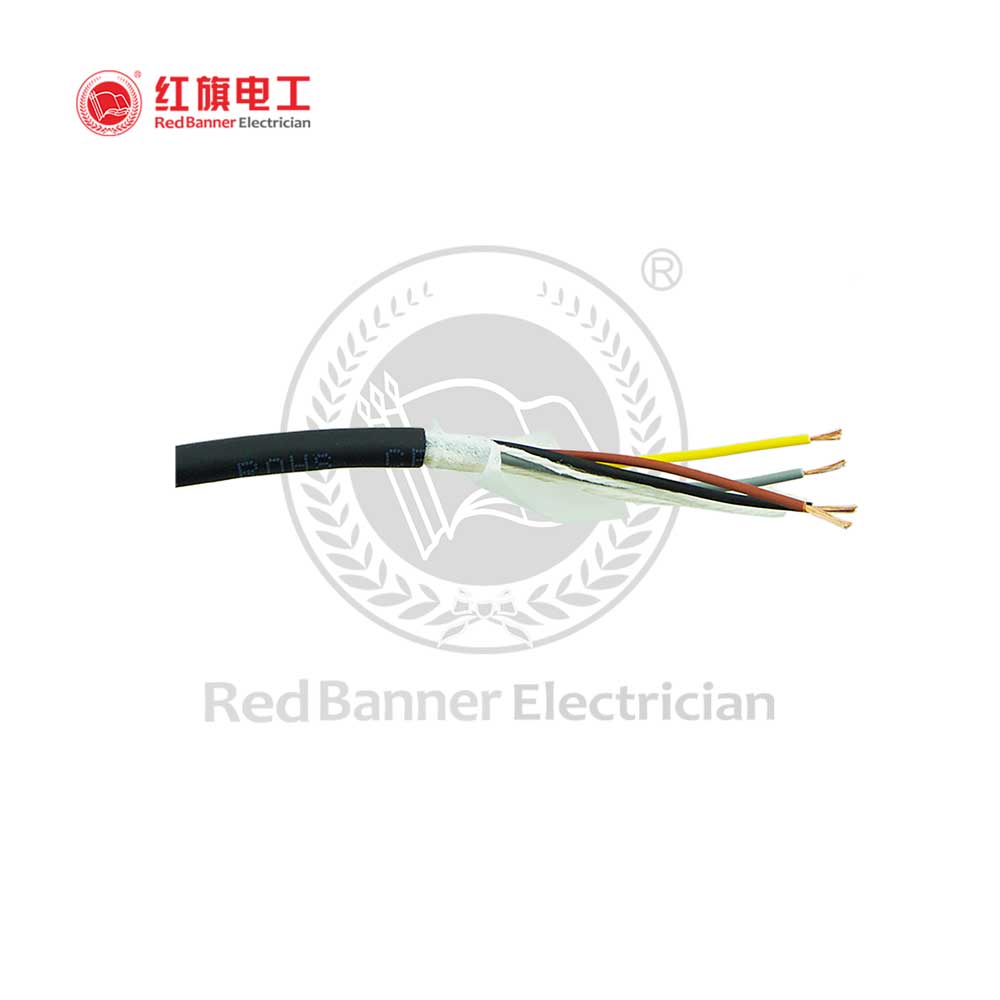


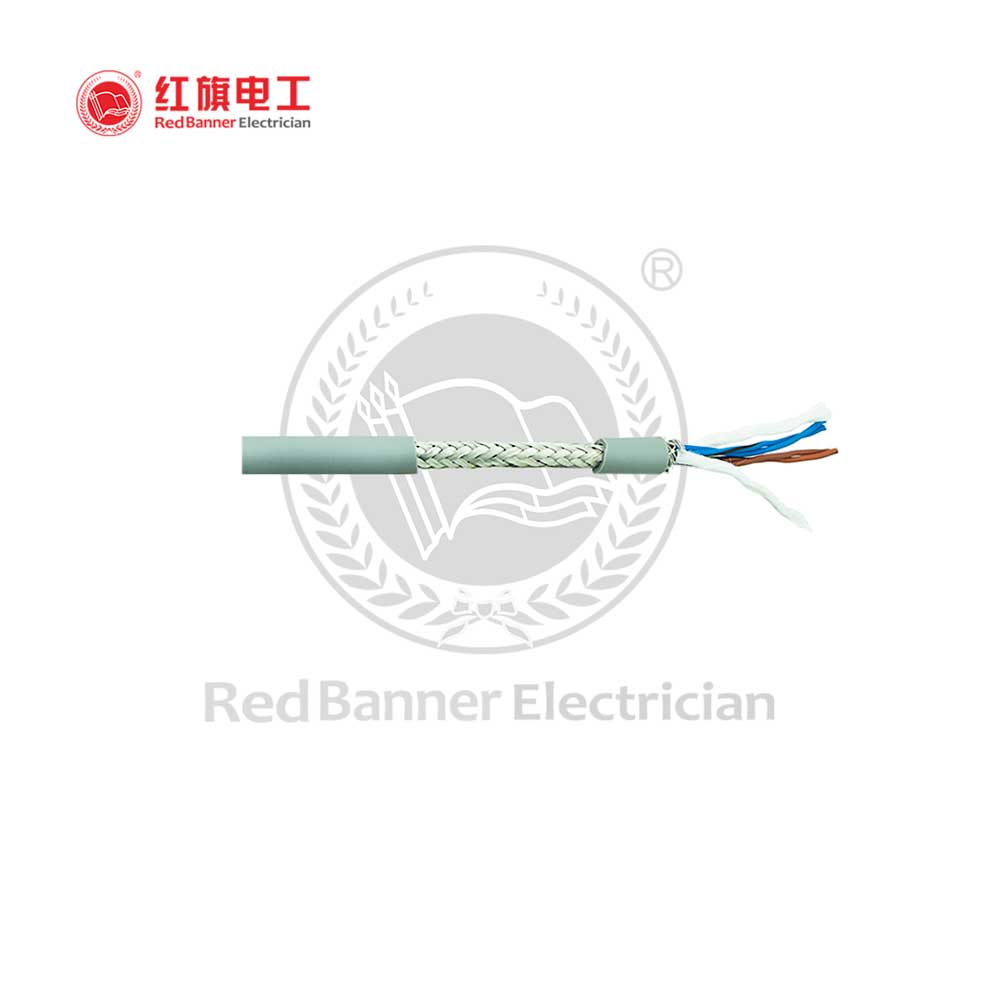

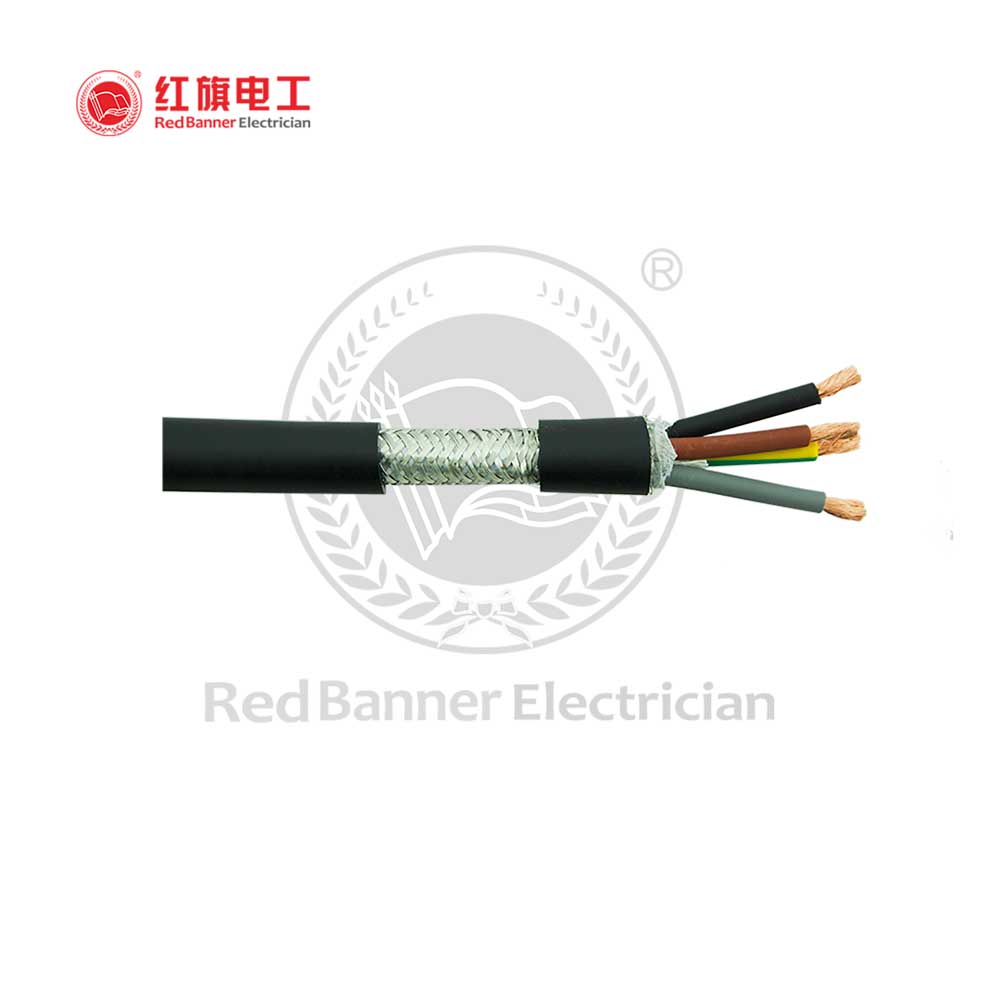

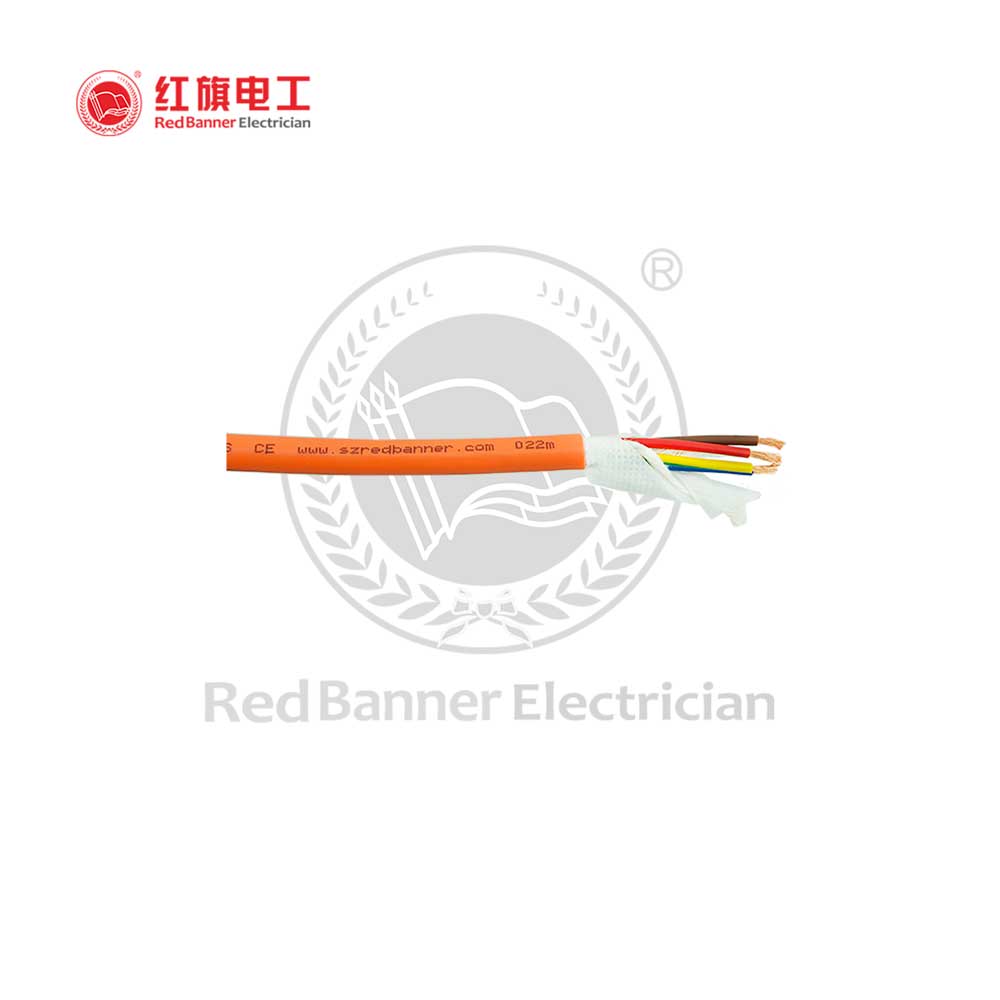
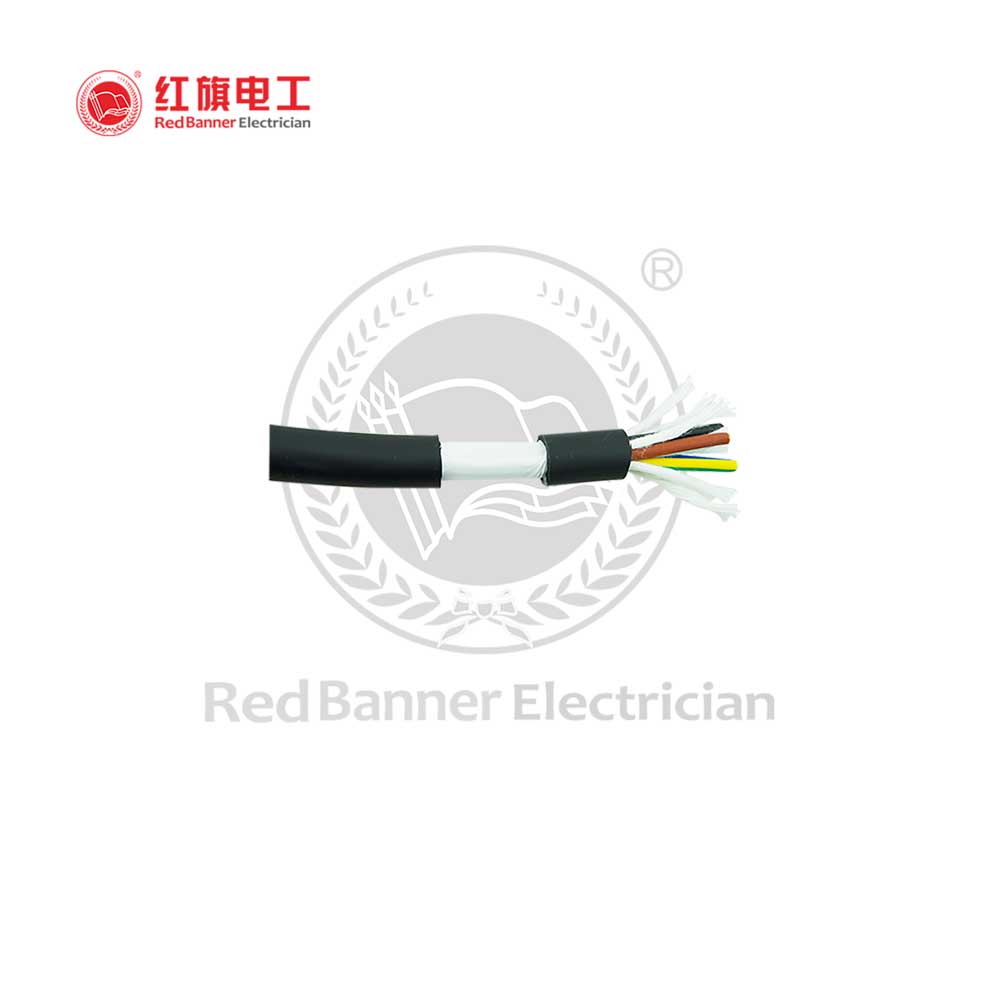

 Tel
Tel
 Email
Email
 Address
Address









